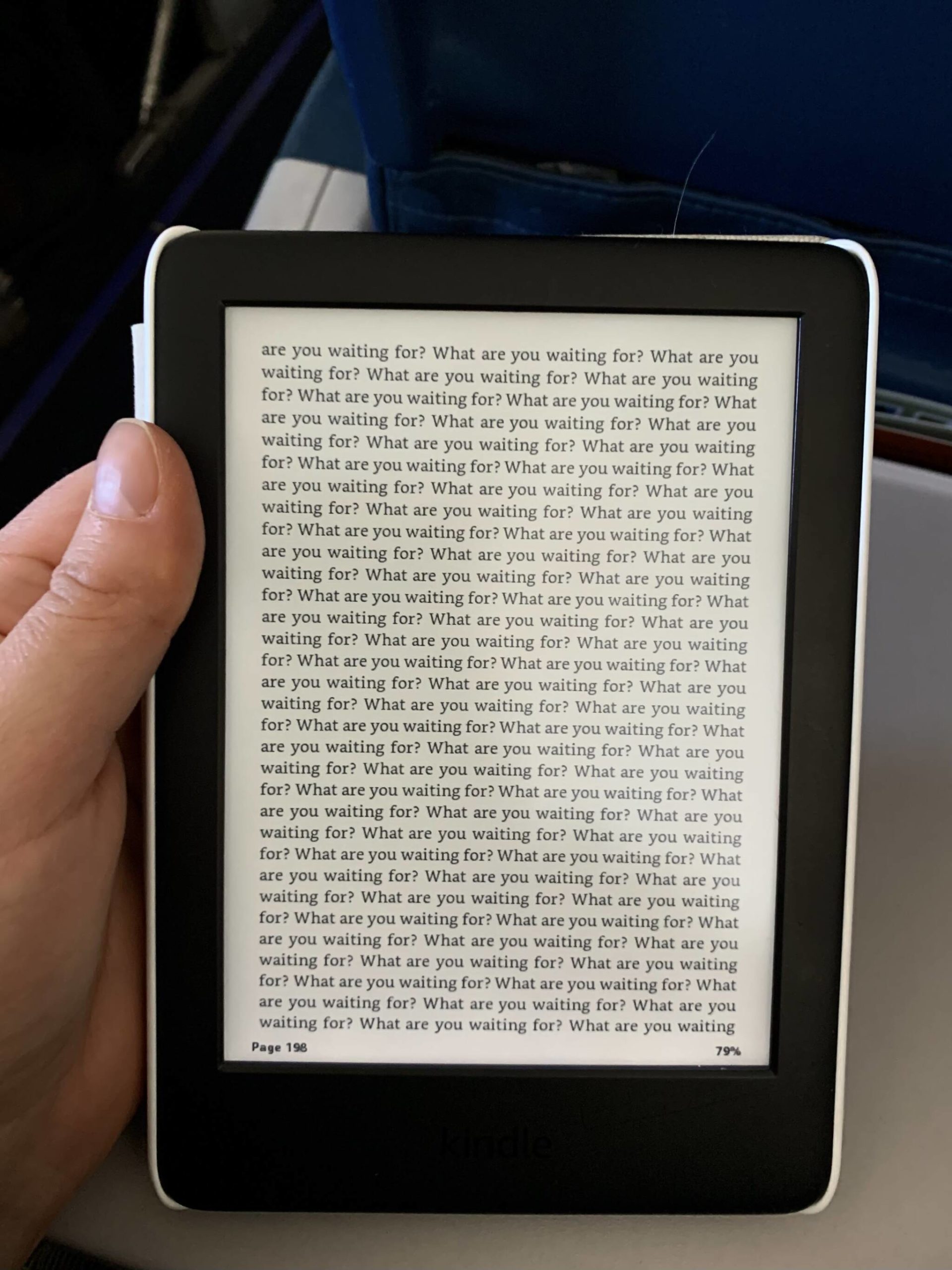Maybe it’s cliche to read books about relationships for February. But, then again, maybe whether or not something is cliche doesn’t make it good or bad. If cliches are about something expected, then Iain Reid’s 2016 debut novel “I’m Thinking of Ending Things” could certainly be called something unexpected
I thought I knew what I was getting into when I checked it out from the Alaska Digital Library system on my Kindle. I’d say they give a fair summation: “This deeply scary and intensely unnerving novel follows a couple in the midst of a twisted unraveling of the darkest unease.”
At the very least, anyone who picks up “I’m Thinking of Ending Things” is in for a densely introspective piece of prose littered with symbolism and Easter eggs that encourages second and third readings for total comprehension. It’s overflowing with stream-of-consciousness monologues that interrogate the meaning of communication, the give and take of relationships and what it means to be.
“Maybe we’re not supposed to know all the answers,” Reid writes. “Questions are good. They’re better than answers. If you want to know more about life, how we work, how we progress, it’s questions that are important. That’s what pushes and stretches our intellect. I think questions make us feel less lonely and more connected.”
Reid in that quote manages both to build out the thinking of one of the novel’s main characters while also speaking directly to part of what makes “I’m Thinking of Ending Things” so unsettling. Not knowing all the answers can certainly be frustrating when reading a book, as it deviates from the tried and true format of using each page to progress the story. Reid certainly seems fine with sometimes leaving readers with more questions than answers.
“I’m Thinking of Ending Things” was made into a movie of the same name that debuted on Netflix in 2020 and was adapted for the screen by Charlie Kaufman, perhaps better known for writing the similarly cerebral “Eternal Sunshine of the Spotless Mind.” It’s an interesting study in what artists can get away with in film that they could not in literature, and vice versa.
The same clipped rambling that stretch for multiple paragraphs on the page can sound cheesy and exaggerated when spoken aloud by an actor. What works well about the cinematic adaptation, however, is the way Kaufman is so clearly on the same page with Reid about what tweaks to the ordinary will convey the same sense of unease.
Particular scenes that stand out in the movie, for example, that were not in the book include clips of the family dog shaking off a wet coat without stopping for prolonged periods of time, or the subtle aging of a main character’s parents by five or 10 years between scenes.
Some may call those kinds of editorial liberties too much, however, I find them an appropriate substitute to those details more fittingly rendered on the page. What may appear in the novel as repeated sentence fragments or onomatopoeia are kept on screen in the form of tight framing or gritty lighting.
There’s a lot of imagery in both book and movie that Alaskans will find familiar — dark and snowy roads, the glowing signs of an ice cream shop in the blizzard — that make “I’m Thinking of Ending Things” a good spooky read for folks looking to pass a blustery winter day. Amid rich prose and gloomy imagery, the story that unfolds is much darker than what meets the eye and is certain to leave you thinking.
Ashlyn O’Hara can be reached at ashlyn.ohara@peninsulaclarion.com.
Off the Shelf is a bimonthly literature column written by the staff of The Peninsula Clarion that features reviews and recommendations of books and other texts through a contemporary lens.

